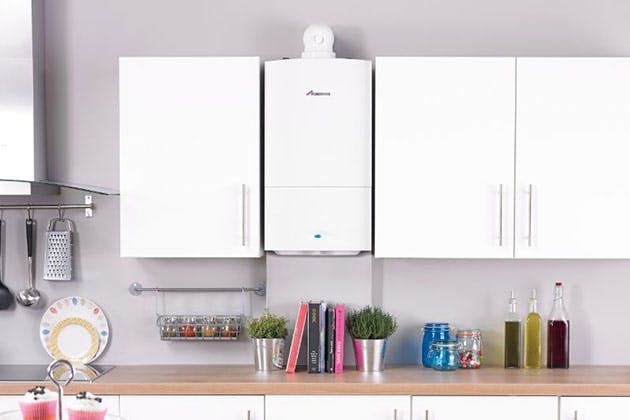If you've started to hear sounds like kettling or whistling coming from your boiler, or if you're having to pay for pricey boiler repairs on a semi-regular basis, you should think about getting a new boiler. If this has begun to happen to you and your boiler is over a decade old, you will need to replace it.
Everyone wants to spend as little money as possible on their heating expenses, especially considering the present fuel and energy prices. That is why it is critical to do all necessary to guarantee that you are getting the most out of your boiler and not needing to replace it more than twice a decade.
How long should my boiler be expected to last?
In reality, the typical lifespan of a boiler is between 10 and 12 years. However, if you maintain your boiler properly, you may be able to prolong its lifespan by a few more years. Some of these boiler maintenance ideas are provided below...

Get your boiler serviced at least once a year
Make sure to get your boiler serviced at least once a year. A routine boiler service helps guarantee that your boiler is working at peak efficiency and that all elements are functioning properly. Our skilled heating professionals in South Wales can identify faults that may cause severe boiler downtime in the future and, more importantly, can correct them. If the problems are not addressed, it may cost you a small sum to hire a professional to repair/replace your faulty boiler.
An annual boiler service is the simplest method to guarantee that your boiler lasts as long as it should; boiler servicing is a service that we provide throughout South Wales.
During the summer, turn on the central heating on a regular basis
This may appear to be a strange proposal. We all look forward to the summer months since it allows us to turn off our heating systems and save money on our high-energy bills. However, by putting on the heating for a few minutes once a month during the summer, you can lessen the likelihood of a boiler malfunction.
Sludge slowly accumulates on the boiler's pump as our boilers and central heating systems are turned off. If this grit is allowed to accumulate over time, it can completely permeate the system and prevent the central heating from coming on during the winter, necessitating a costly boiler repair!
Ensure that your radiators are performing at their optimal level
Power flushing and bleeding your radiators may clean the system and reduce stress on your boiler by causing it to work less hard. This is particularly important in an open system with a conventional boiler.
Get a magnetic filter installed in your central heating system
If you've never had a magnetic filter installed, they capture sludge and pollutants from your central heating system and will make your central heating system and pipework run much more efficiently. Installing a magnetic filter would result in less silt being accumulated inside your central heating system, resulting in a smoother operation and so extending the life of your boiler!

During the winter, only use the boiler when required
During the winter, it's normal to put the heating on full blast all day, every day. Rather than doing this, we propose turning off the central heating while you're gone and setting it to turn on an hour before you're scheduled to return home - enough time to warm up the house.
Rather than setting your thermostat to the maximum temperature, attempt to keep a consistent temperature and gradually warm the house.
This ensures that the boiler/central heating system operates at a constant rate and that its parts/processes are not sent into overdrive.
Do not try boiler repair work on your own
Please do not attempt to repair a damaged boiler yourself unless you are a Gas Safe Registered heating engineer with all of the necessary tools. The best approach to ensure that your boiler lasts longer than a repair is to engage an expert who has made a career out of installing and repairing boilers to fix it instead, such as the team here at Green Flame Plumbing and Heating. We would advise all of our clients to examine the engineer's qualifications and confirm that they are Gas Safe Registered. Otherwise, your property may be at risk.



